International Relations Theory: Liberalism
Loại khoá học: Social Science
Learn liberalism: university-level, all key authors, human rights, democratic peace, institutions, soft power, examples!
Mô tả
In this course, you will get in-depth knowledge and understanding of key liberalist thinkers, theories and concepts, including real world examples and even tips for writing essays and dissertations.
The course will give you confidence to think and speak about world problems through the lens of the oldest and highly influential progressive theory of International Relations.
If you are interested in world politics, chances are you are reading and watching quite a bit of news about what's going on. That's OK, but there is nothing more rewarding that actually educating yourself to improve the depth and breadth of your knowledge and understanding of how the world works.
My courses are designed to help you with that objective and this course offers you complete knowledge and understanding of the most exciting progressive theory of International Relations.
How You Will Learn
It is my philosophy in this course to allow the thinkers and authors speak for themselves. I want to give them the voice. At the same time, I offer you my full explanation and interpretation of every quote we analyse in the course. I don't just leave you there wondering what this all means.
We will begin with classical liberalist thinkers and the founders of liberal international thought: Locke, Hume, Grotius and Kant. Then, we will move to 20th century to explore the tenets of classical liberalist International Relations theory, followed by neoliberal intergovernmentalism (also known as institutionalism). We will also explore liberalism since the 1990s, including focus on:
the end of history
soft power
smart power
international regimes
democratic peace theory
The bonus lecture will give you 6 practical tips for incorporating liberalism into writing your academic essays and dissertations.
As much as talking about theories is interesting in itself, I also believe in the value of practical examples. So in this course, we discuss three case studies of how liberalism can be applied to analyse real world problems. These include: the liberalist perspective on European integration and the European Union, United Nations and the Responsibility to Protect (R2P).
What You Will Get in This Course
Here is a summary of what you will learn in this course:
Think and speak about world problems through the lens of the oldest progressive theory of International Relations
Identify and understand the ideas of the founders of liberalism, including John Locke, David Hume, Hugo Grotius and Immanuel Kant
Become an expert on modern liberalist thinkers, including Norman Angell, Woodrow Wilson, Robert Keohane, Joseph Nye, Francis Fukuyama
Understand the differences between classical liberalism and neoliberalism
Understand the differences between neoliberalism and neorealism
Recognise how the liberal principle of human rights has its roots in the philosophy of John Locke and David Hume
Understand how the idea of international law dates back to Hugo Grotius
Understand why Immanuel Kant is so important for the liberal idea of international peace
Become an expert on Norman Angell - the Nobel Peace Prize laureate for his work on war and international institutions
Understand why Woodrow Wilson is the most important historical figure for the liberal International Relations theory
Identify the key elements in Robert Keohane's neoliberal programme of studying international organisations
Understand the difference between absolute gains and relative gains
Understand why Fukuyama proclaimed the 'end of history' in 1989, what he meant and whether he was right
Identify the key elements and real world examples of international regimes
Become an expert on Joseph Nye's concept of soft power and smart power
Understand democratic peace theory - a key modern liberal research programme
Understand the liberalist perspective on European integration and the European Union
Understand the liberalist perspective on the United Nations
Understand the liberalist perspective on the Responsibility to Protect (R2P)
Learn 6 practical tips for incorporating liberalism into your academic essays and dissertations
My Promise to You
I promise that the tuition in this course is of the highest quality, based on genuine university-level teaching and research. It is presented in a highly-accessible and engaging way, designed specifically for those who do not have prior university degree in Politics or International Relations.
I invite you to send me a message if you have any questions about the content of this course.
With the 30-day 100% money back guarantee, there is no reason why you should not try the course out right now.
Bạn sẽ học được gì
Think and speak about world problems through the lens of the oldest progressive theory of International Relations
Identify and understand the ideas of the founders of liberalism, including John Locke, David Hume, Hugo Grotius and Immanuel Kant
Become an expert on modern liberalist thinkers, including Norman Angell, Woodrow Wilson, Robert Keohane, Joseph Nye, Francis Fukuyama
Understand the differences between classical liberalism and neoliberalism
Understand the differences between neoliberalism and neorealism
Recognise how the liberal principle of human rights has its roots in the philosophy of John Locke and David Hume
Understand how the idea of international law dates back to Hugo Grotius
Understand why Immanuel Kant is so important for the liberal idea of international peace
Become an expert on Norman Angell - the Nobel Peace Prize laureate for his work on war and international institutions
Understand why Woodrow Wilson is the most important historical figure for the liberal International Relations theory
Identify the key elements in Robert Keohane's neoliberal programme of studying international organisations
Understand the difference between absolute gains and relative gains
Understand why Fukuyama proclaimed the 'end of history' in 1989, what he meant and whether he was right
Identify the key elements and real world examples of international regimes
Become an expert on Joseph Nye's concept of soft power and smart power
Understand democratic peace theory - a key modern liberal research programme
Understand the liberalist perspective on European integration and the European Union
Understand the liberalist perspective on the United Nations
Understand the liberalist perspective on the Responsibility to Protect (R2P)
Learn 6 practical tips for incorporating liberalism into your academic essays and dissertations
Yêu cầu
- The course is designed for all study levels and therefore does not require prior education in Politics or International Relations.
- No upfront reading is necessary. In the course, students will learn about some of the most influential books on each topic.
- For convenience, handouts for each lecture are provided and can be downloaded.
Nội dung khoá học
Viết Bình Luận
Khoá học liên quan

Đăng ký get khoá học Udemy - Unica - Gitiho giá chỉ 50k!
Get khoá học giá rẻ ngay trước khi bị fix.

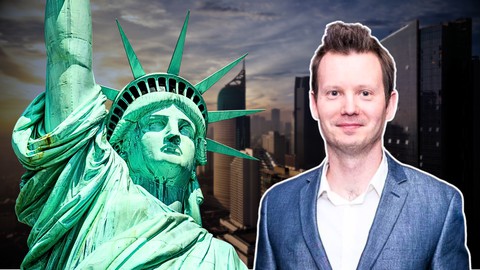

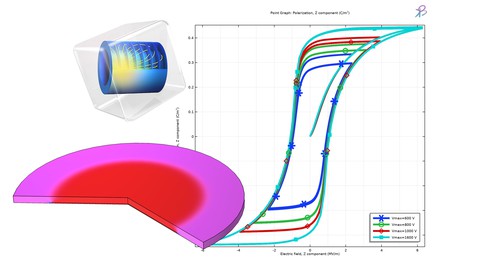


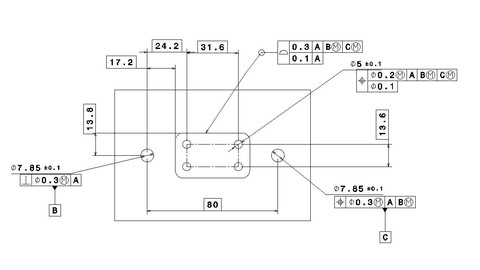

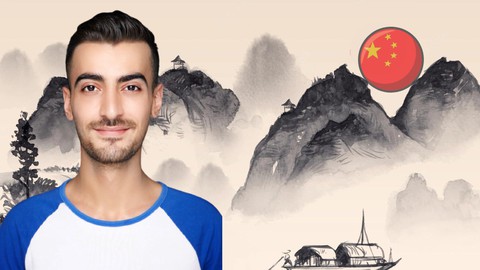

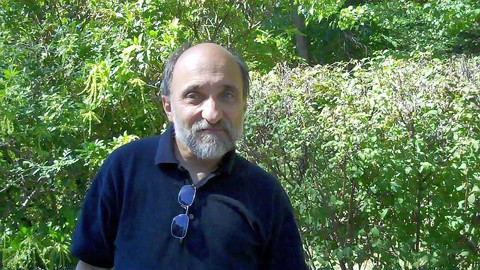
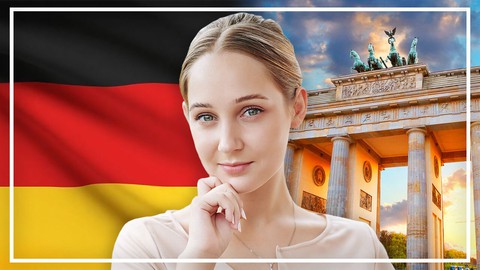






Đánh giá của học viên
Bình luận khách hàng